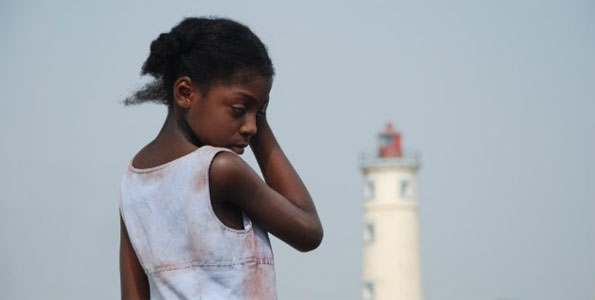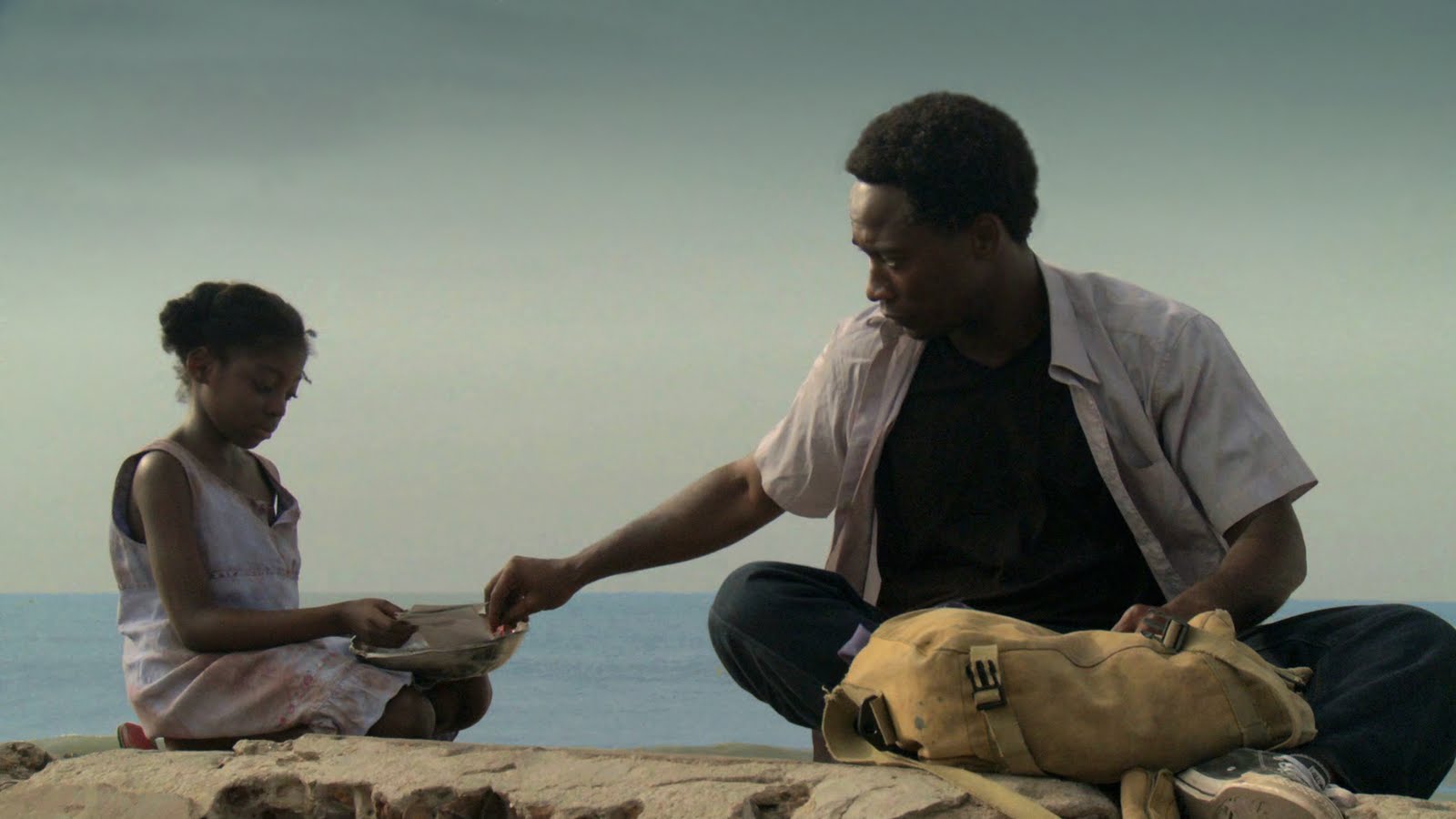Director: Deron Albright
Writer: Yao B. Nunoo
Stars: Yao B. Nunoo, Fred Nii Amugi and Abena Takyi
[sws_blockquote_endquote align=”” cite=”” quotestyle=”style03″]The ache for home lives in all of us, the safe place where we can go as we are, and not be questioned. -Maya Angelou [/sws_blockquote_endquote]
This quote from Maya Angelou prescribes the central message in The Destiny of Lesser Animals. No matter how loaded the Ghanaian proverb – Sibor ne Kra, Dabor ne Kra – that inspired this plot may be, Yao B. Nunoo’s screenplay has brought a much-appreciated and refreshing insight to our interpretation of it.
Rather than see this movie as a call to patriotism in Ghana, or as a call to a Pan-African Consciousness Awakening, we have to see this movie more so in the light of Maya Angelou’s inspiration. It overlays Maya’s conviction and hope for the disenfranchised with the broader implications of civil rights in a world that has been so plagued with its phobias and human sufferings.
Truly we all want a home we can safely go to, a home we will not be questioned living in – especially when the President of the United States, Barack Obama, has to submit his birth certificate (freedom papers) to prove his citizenship and fitness. Anybody, any group or class of people who have ever fought for justice and/or freedom can identify with the intrinsic message in the adage of The Destiny of Lesser Animals.

Inspector Boniface Koomsin (played by the screenwriter Yao B. Nunoo) wants nothing more than to leave Ghana and return to the greener pastures of America. Denied a legal visa, Boniface takes matters into his own hands and pays for his passport to be doctored. But he’s robbed right after leaving the forger’s home. Soon after that, he teams up with Chief Inspector Oscar Darko (Fred Nii Amugi).
Darko is an older officer who’s ironically on the trail of the man that robbed Boniface of his gun (not his passport). The criminal they both chase – until it becomes clear to Chief Darko what Boniface was really after – is Yaro (Kennedy Ofori), who was also believed to have shot an American tourist.
This is where we sit back and watch all the eggs Boniface had stashed into the basket he was hoping to make the journey with, toss and fry for an hour. The story is compounded by many, perhaps, heavy-handed subplots and rhetoric that often point a finger at a failed Nkrumah generation in Ghana. Much to Chief Inspector Oscar Darko’s dismay about Boniface’s aspirations and opinion, he implores Boniface to quit wasting time looking elsewhere for salvation.
Even Boniface’s own uncle, admonishes him to quit embarking on another journey beyond the shores of Ghana. Together their advice shines light on the complex meaning of the proverb:
Esuno Sibor Ne kra, Ena Dabor Ne Kra.
Which literally translates:
A Leopard’s Soul is different from any other.
Boniface is initially reluctant to accept the reality of his destiny, that his soul (Kra) may be different from all the others who may have gone away to America and returned with riches. Until his adversary, Yaro, kills Chief Inspector Darko and a waif – only credited as Beggar Girl or Zongo Girl (Xolasie Mawuenyega) – gives Boniface a reason to stay in Ghana, he still would have been wasting away fighting to leave.

But, Boniface has a savior complex because he’s a good man, and in his world, that means that he has to be completely selfless, especially in the face of achieving his own desires. He must rescue this girl from poverty and homelessness. He’s a leopard at heart after all, as he’s told twice during the film – the translation of the proverb and the moral of the story coming full circle and handy:
The Destiny of the Leopard is different from that of Lesser Animals.
Inspector Boniface gains a full reflection of self and accepts his destiny. But his realization is even more emphatic when placed within the context of the struggle for meaning and belonging for lesser animals vis-à-vis the quest for material opulence by the larger, stronger and wilder animals. The message beats us to stop looking beyond the shores and realize that the ultimate in life, after all, is not to win – for there is nothing to win in the first place – but to reach within the depths of our capabilities and find ourselves.
This is where I think Woodrow Wilson puts it best.
[myquote from=Woodrow-Wilson]You are not here merely to make a living. You are here in order to enable the world to live more amply, with greater vision, with a finer spirit of hope and achievement. You are here to enrich the world, and you impoverish yourself if you forget the errand.[/myquote]
In its final analysis, I was exceedingly glad that Boniface wholeheartedly embraced his destiny to become responsible for the next generation in the little girl (Xolasie Mawuenyega). To this end, Maya Angelou can agree that Boniface has found a home – not that it really matters where it is – but a safe place, where he can be and make the changes he wants to see, and above all, a humble abode where, he would not be questioned!









